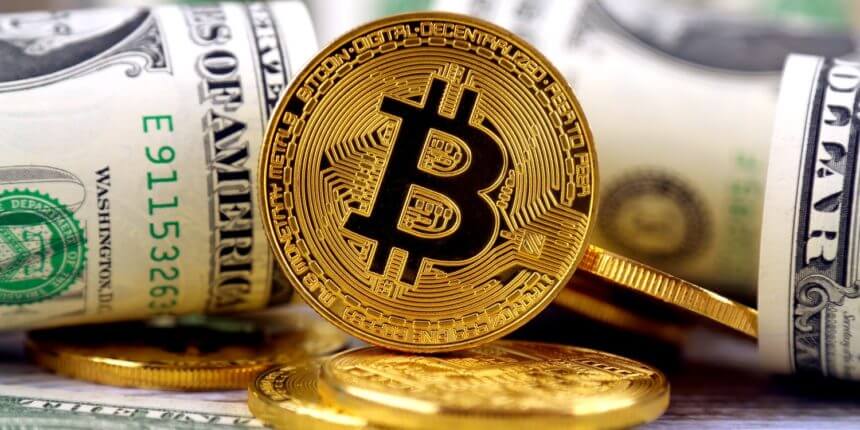Bakkt's physically-settled Bitcoin futures officially launched, market response tepid

Backed by Intercontinental Exchange (ICE), the parent company of the New York Stock Exchange, Bakkt finally launched its physically-settled Bitcoin futures on Monday after announcing its foray into the cryptocurrency world nearly a year ago. However, the market response was not as expected, as Bitcoin once again fell below the ten-thousand mark.
Table of Contents
Upon its official launch, CEO Kelly Loeffler stated:
We first announced this last August, and after a long delay, we are taking a significant step forward in digital asset by introducing a physically settled futures platform, which will provide crucial infrastructure for institutional trading of cryptocurrencies.
Most cryptocurrency analysts and CoinDesk believe that the trading volume is low, with only 72 Bitcoin contracts closed on the first day.
The low trading volume may indicate a lack of interest from institutional investors in cryptocurrencies, and also suggests that the current Bakkt trading volume is unlikely to rival that of the Chicago Mercantile Exchange CME Group, which had a trading volume of $470 million in the first week of its launch.
The key difference is that CME's Bitcoin futures are settled in cash, meaning all transactions are settled in fiat currency without the need for either party to physically hold Bitcoin. This makes institutional investment in CME futures similar to futures in wheat, corn, or gold.
In contrast, Bakkt futures are physically delivered, meaning that Bitcoin will be physically transferred at settlement, requiring institutional investors to actually custody Bitcoin, which presents many obstacles to overcome.
This includes institutional investors needing legal counsel, finding custodians for digital assets, and establishing insurance mechanisms.
Analysts from BeQuant exchange believe:
The largest potential clients currently do not have the necessary conditions to trade physically delivered Bitcoin futures contracts, and while hot money will inevitably flow in the future, it is not happening now.
Given that this is Bakkt's first foray into the cryptocurrency space, they may not yet fully understand the thoughts of large institutional investors. Furthermore, Bitcoin remains a volatile asset class, especially given its ambiguous regulatory status, which may also be a reason why institutional investors are adopting a wait-and-see approach.
Related Articles
- Binance declares war on Facebook by claiming its stablecoin Venus is a competitor to Libra
- Is the blockchain trend in Taiwan already "outdated"? Kelvin Koh: Execution speed is fast but full potential has not been realized
Join now to receive the most comprehensive information on fintech, blockchain insights, and industry examples!
Related
- Ignas: Korean projects repeatedly create bullish market miracles, optimistic about Story sparking another trend
- Ondo USD Yield Token (USDY) Goes Live on Arbitrum: Introducing Real-World Assets to DeFi
- Is there hope for the future? Stablecoin market cap reaches a new high in two years, with the market cap of PYUSD tripling in a single month!